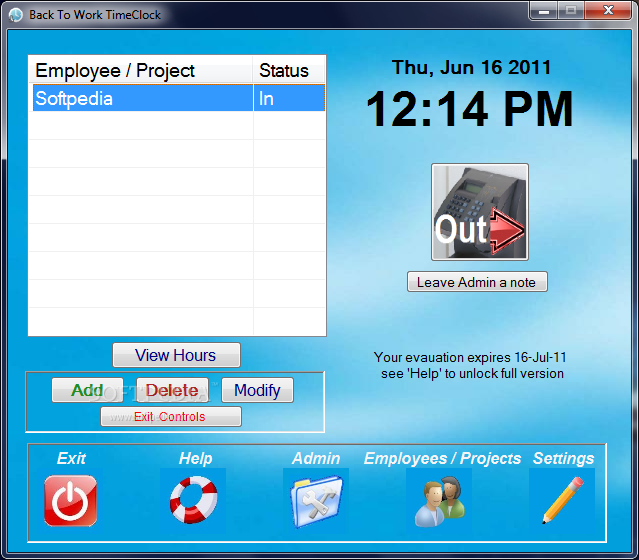

After traveling east, expose yourself to morning light to adapt to an earlier time zone. After traveling west, expose yourself to light in the evening to help you adjust to a later than usual time zone. Light exposure is a prime influence on your body's circadian rhythms. If possible, eat meals closer to the time you'll be eating them during your trip. If you're flying west, go to bed one hour later for several nights before you fly. If you're traveling east, try going to bed one hour earlier each night for a few days before your trip. Gradually adjust your schedule before you leave.Starting out sleep deprived makes jet lag worse. If you have an important meeting or other event that requires you to be in top form, try to arrive a few days early to give your body a chance to adjust.

PreventionĪ few basic steps may help prevent jet lag or reduce its effects: Older adults may need more time to recover from jet lag.Īuto accidents caused by drowsy driving may be more likely in people who are jet-lagged. Pilots, flight attendants and business travelers are most likely to experience jet lag. You may find it harder to fly east, when you "lose" time, than to fly west, when you "gain" time. The more time zones you cross, the more likely you are to feel jet lag. Risk factorsįactors that increase the likelihood you'll experience jet lag include: Dehydration also may contribute to some symptoms of jet lag. If you don't drink enough water during your flight, you can get slightly dehydrated.

In addition, humidity levels are low in planes. Some research shows that changes in cabin pressure and high altitudes associated with air travel may contribute to some symptoms of jet lag, regardless of travel across time zones. However, the timing of light needs to be done properly. The pineal gland releases very little melatonin.īecause light is so crucial to your internal clock, you may be able to ease your adjustment to a new time zone by exposing yourself to daylight. During daylight hours, the opposite occurs. When the light is low at night, the hypothalamus signals to a small organ in the brain called the pineal gland to release melatonin. Light affects the regulation of melatonin, a hormone that helps cells throughout the body work together.Ĭells in the tissue at the back of the eye transmit light signals to an area of the brain called the hypothalamus. The effect of sunlightĪ key influence on circadian rhythms is sunlight. In the meantime, your sleep-wake cycle and other body functions such as hunger and bowel habits remain out of step with the rest of Paris. It takes a few days for your body to adjust. That means you're ready for bed just as Parisians are waking up. Wednesday, your internal clock still thinks it's 1 a.m. Your internal clock, also called circadian rhythms, regulates your sleep-wake cycle.įor example, if you leave New York on a flight at 4 p.m. Crossing multiple time zones puts your internal clock out of sync with the time in your new locale. Jet lag can occur anytime you cross two or more time zones. Causes A disruption to your circadian rhythms


 0 kommentar(er)
0 kommentar(er)
